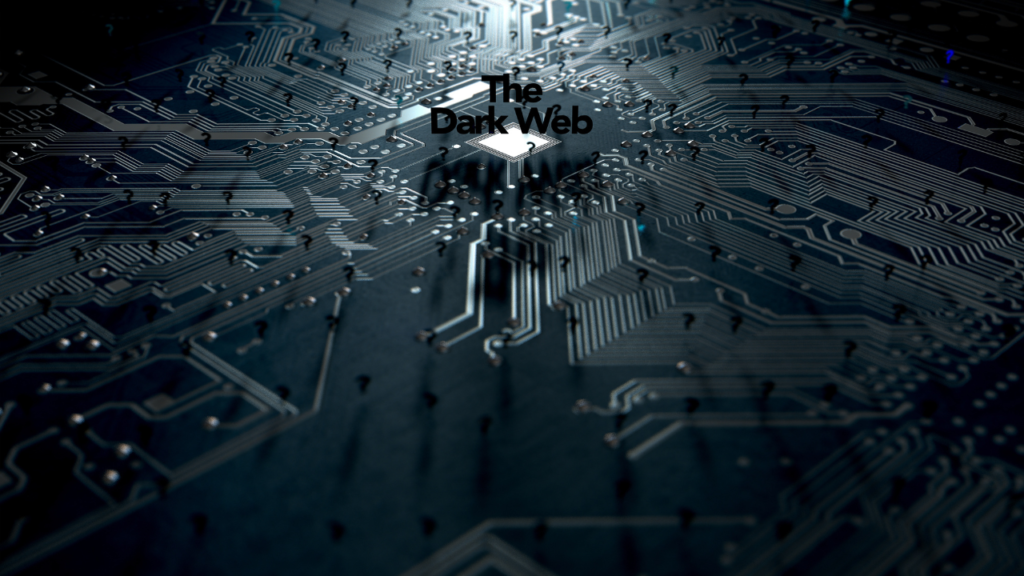Internet Censorship: Definition, Types, and How It Can Affect You
DataProt is supported by its audience. When you buy through links on our site, we may earn a commission. This, however, does not influence the evaluations in our reviews. Learn More.
Internet censorship is a big deal. The days of complete cyber freedom are all but gone, with companies and governments interfering with the web. Their involvement is ruining the cyberworld for the rest of us in various ways, with censorship being the most prominent.
Internet censorship is the control or suppression of what can be accessed, published, or viewed online. It happens when governments, organizations, or individuals restrict or block access to web content. In this article, we’ll be explaining how censorship happens, its impact on the internet, and how to avoid it.
What Is Internet Censorship and How It Happens
Some countries censor the internet because they don’t want their citizens to see things that might upset them or make them think differently. They also might do this to keep people from organizing protests or speaking out against the government.
Their goal, usually, is to make it difficult to get accurate information about what’s going on in the world or stop people from being able to share their opinions freely.
But, the government internet censorship can happen for a variety of other reasons, including political, religious, or moral grounds and restricting media freedom.
While government-level censorship is meant to shut down dissidents, there are other reasons why organizations and groups of people restrict internet access to others. An organization may block certain websites to protect its members from offensive or inappropriate content or simply to increase productivity by limiting access to entertainment and social media sites.
Censorship of the internet happens in one of two directions:
- Top-down censorship is when a government or organization tells service providers what content to block. In some cases, laws may require certain content to be censored. Users have no say in this and can’t choose what to access.
- Self-imposed censorship is associated with individuals or groups self-censoring by choosing what content to avoid. For example, someone may decide not to view certain websites because they know their government will censor the information, making it inaccurate.
Different Types of Web Censorship
Different things can be censored, like specific pictures, words, or whole websites and internet protocols. There are also different ways to censor things – blocking either full access to the material or limiting searches for censored terms.
Government-level Censorship
One type of censorship is when a government makes it illegal to say certain things. For instance, in China, the government has made it illegal to talk about certain topics online, like democracy or human rights. They do this by censoring websites that discuss these topics and punishing people who break the rules. Governments work with ISPs to put those restrictions into motion, either by outright blocking access to websites or redirecting traffic to similar, regulated sites.
Platform Restrictions
Another type of censorship is when social media companies block certain content from their platforms. For example, Facebook has been criticized for censoring body positivity and sex education posts. Likewise, YouTube has been accused of censoring videos about LGBTQ+ rights, mental health, and COVID-19 awareness. In this case, platforms issue take-down notices, followed by the removal of said content.
It’s not uncommon for governments to even force tech companies to impose content restrictions based on their own propaganda. In such a case, the government would strong-arm content hosts into submission by threatening outright bans of their platforms. As a counterpoint, Twitter has started clearly marking government-related profiles, so users can see at a glance whether the profile could be a part of a propaganda machine. It’s not much, but at least it helps fight the censorship on the internet.
Local Restrictions
Lastly, censorship can happen on a smaller scale within a single institution. For example, a school may restrict access to certain parts of the internet or even key phrases. That way, the students cannot use the school’s computers to visit inappropriate websites like adult websites or social networks.
Similarly, employers may put blocks on specific apps, services, and websites, so the employees can only access the software and websites they allow them to. While we’ll be discussing how to avoid content blocks and censorship using free VPNs and similar tactics, we strongly advise caution in such situations.
How Censorship Works in Different Countries
Some countries have rigid censorship laws, while others have none at all. China is well-known for its internet restrictions, which some call the “great firewall of China.” The Chinese government blocks access to many websites and social media platforms, like Facebook and Twitter. Google’s search engine, as well as all other Google products, is also banned in China. The government is censoring search results and blocks certain words from being used online.
In Saudi Arabia, the government filters content based on religious and moral values. It usually blocks websites that contain pornography or material that could be considered offensive to Islam. In Iran, the government blocks websites that are critical of the regime or that contain information that could be used to foment dissent.
In Russia, a new law requires internet service providers to censor websites that the government decides are “extremist.” This can include foreign websites that have critical opinions of the government in question or that provide information about protests or other forms of defiance.
Censorship can also happen in less obvious ways. For example, many countries require internet companies to collect data about their users’ activities. This data can be used to track people and see what they’re doing online. Needless to say that such laws disrupt net neutrality.
Impact of Censorship
Increased censorship can have a number of negative effects. For starters, it limits people’s ability to access information and ideas. This can lead to a loss of knowledge and opportunities for education and personal growth.
Additionally, digital censorship can stifle creativity and critical thinking. Having no access to the online world can restrain people’s ability to freely express themselves. When people are only exposed to one side of an issue, it can be challenging to develop a well-rounded opinion. Seeing only one aspect of the whole picture can also lead to misinformation.
Censorship can create an atmosphere of fear and mistrust. People may grow afraid of expressing their opinions or sharing their ideas, which can lead to a feeling of isolation and disconnection.
Why Is Internet Freedom Important
Since the early days of the internet, people have been fighting for online freedom. The internet has become an essential part of our lives, so much so that internet access has been declared a basic human right by the UN Resolution in 2016. Censoring the internet denies us that basic right.
Access to the internet means access to information, education, and communication. It allows us to connect with friends and family and participate in the global community. It is essential for businesses and for the economy, which the pandemic years especially confirmed to be true. When regulations on the type of content we can access are imposed, serious issues may arise, such as when restrictions infringe on medical websites that people need.
Cyberspace is also a powerful tool for democracy and human rights. The UN recognized the importance of the internet in a Resolution passed in 2016, declaring it a basic human right. The general belief is that the internet is something all people should have access to. Restricting access to parts of the internet is threading on human rights, rights to community, learning, and prospering in this modern world.

How to Circumvent Censorship
If you live in a country with restricted internet, there are several ways to bypass the restrictions and gain access to all internet content.
Proxy
Web proxies are the simplest, fastest way to get around censorship and regional restrictions on the internet. They work by routing your traffic through a different server so that the website you are trying to visit doesn’t know your true IP address. This can be used to get around simple content filters, like the ones your school or workplace may have in place.
Web proxies are not perfect, however. They can be slow, and they don’t always work with every website. Additionally, your traffic is still going through another server, which means that the proxy owner could be snooping on your traffic and detecting phony IP addresses. More important – your internet service provider and, thus, the government, can still know what you were browsing.
VPN
Another way to get access to censored websites is to use a virtual private network. VPNs create a private, secure connection between two devices, which can be used to access restricted websites. When you use a VPN that doesn’t log data, your traffic is encrypted, so your ISP or anyone else can’t see what you’re doing online. Even more important, there’s no data saved on the provider’s side as if you’ve never used the service at all.
While VPNs are legal in most parts of the world, some countries block them and can even issue a fine if you get caught. If you’re using a VPN in a country where they are not allowed or just worried about the repercussions, you may need to use a different method to access restricted websites.
Tor Browser
Lastly, you might only need to switch your internet browser to a more secure one. Tor is a free browser that allows you to surf the internet anonymously. By encrypting traffic and bouncing it through a distributed network of relays, Tor makes it difficult for anyone to track a user’s online activity.
The main downside to using Tor is that it can be slow. Because traffic is routed through multiple relays, each with its own bandwidth limitations, Tor users may experience slowdowns when browsing the web. Additionally, some websites may block traffic from known Tor relays, making them inaccessible to Tor users.
Final Thoughts
Internet censorship, as explained, can be a difficult issue to navigate. On the one hand, it’s important to protect people from offensive or harmful material. On the other hand, it is important to allow people to freely access information and express themselves.
Lastly, as the internet is now considered a basic human right, imposing restrictions of such kind is a sign of dictatorship and not a signal that the government actually cares about pressing issues.


